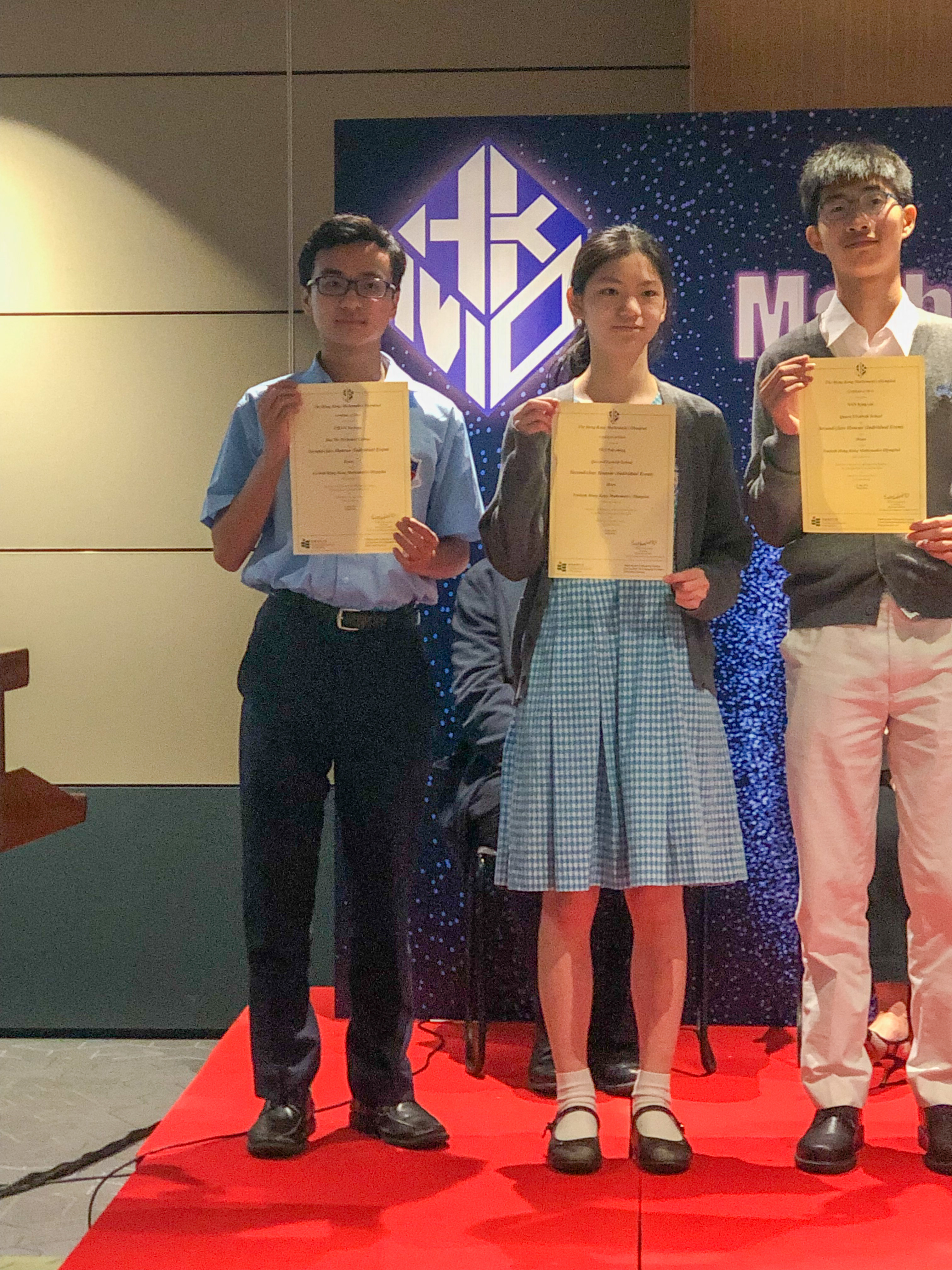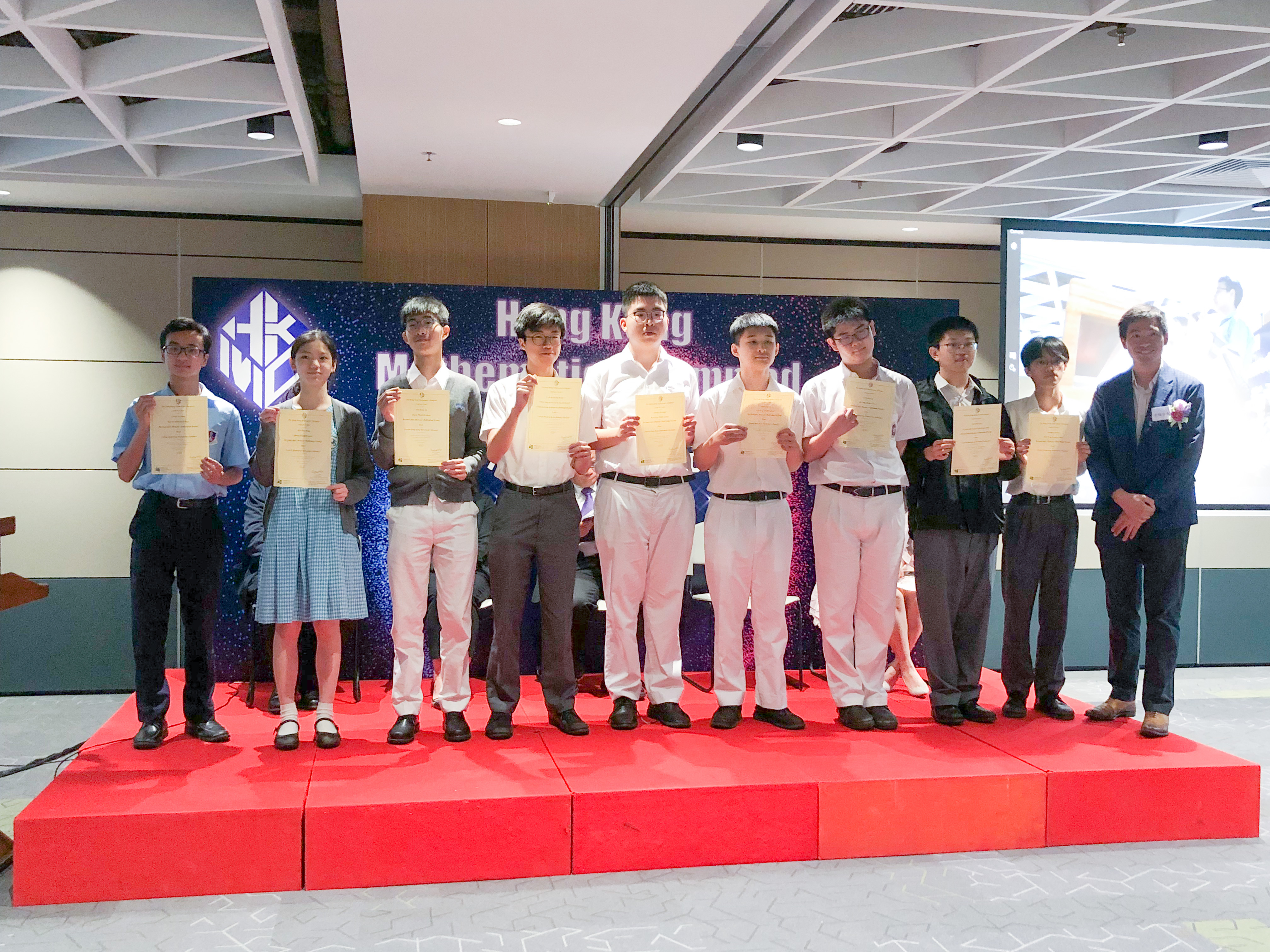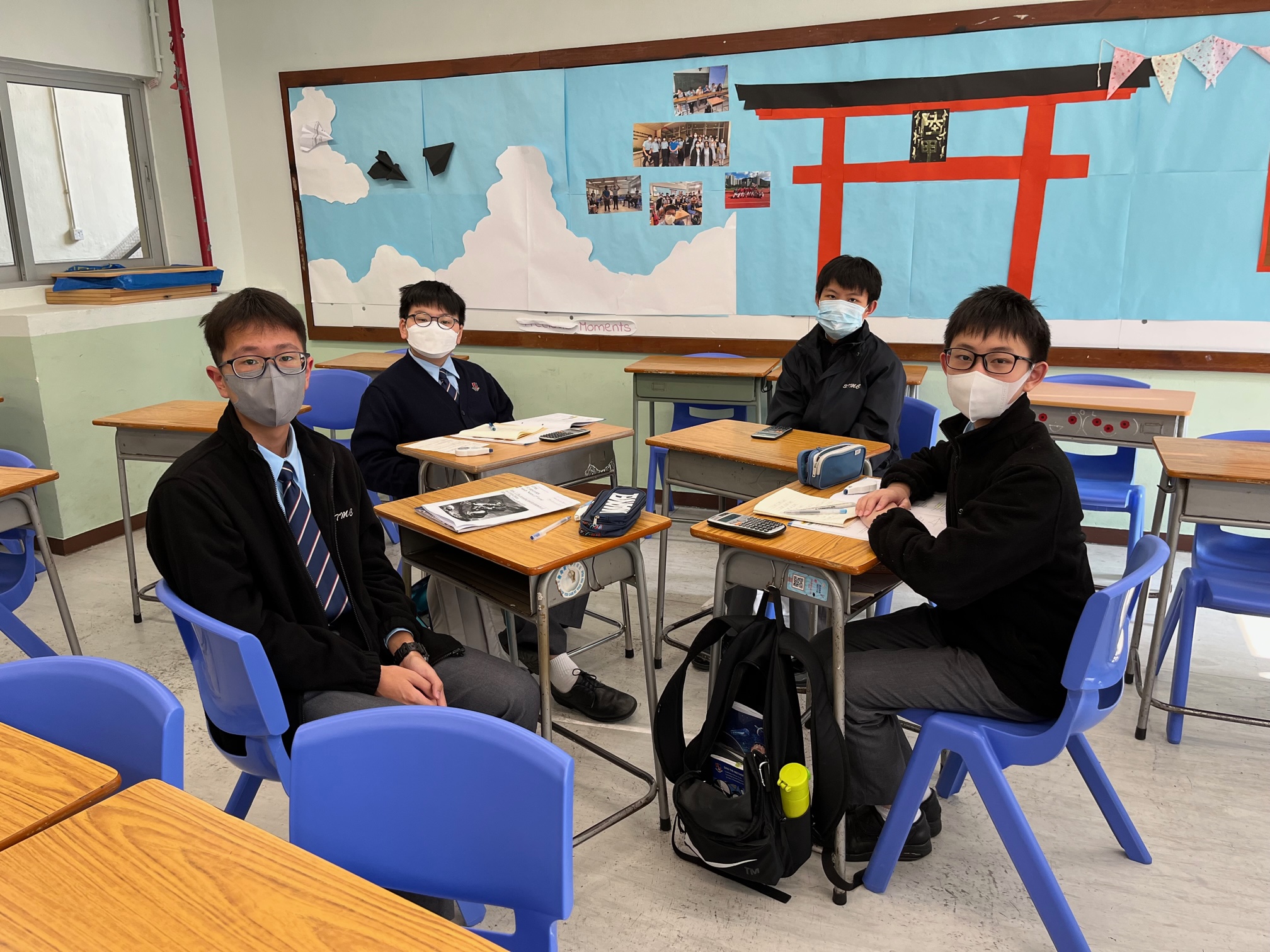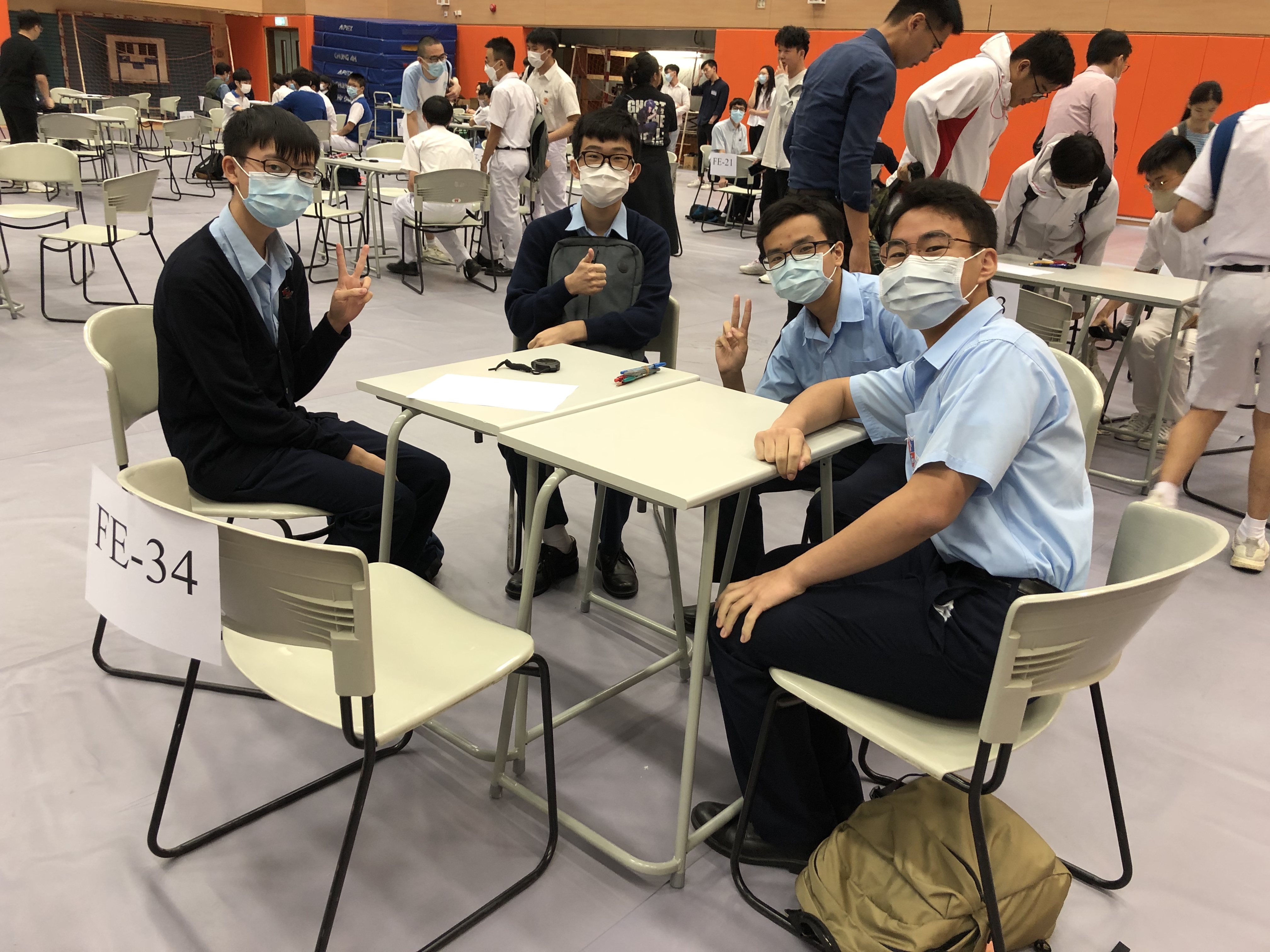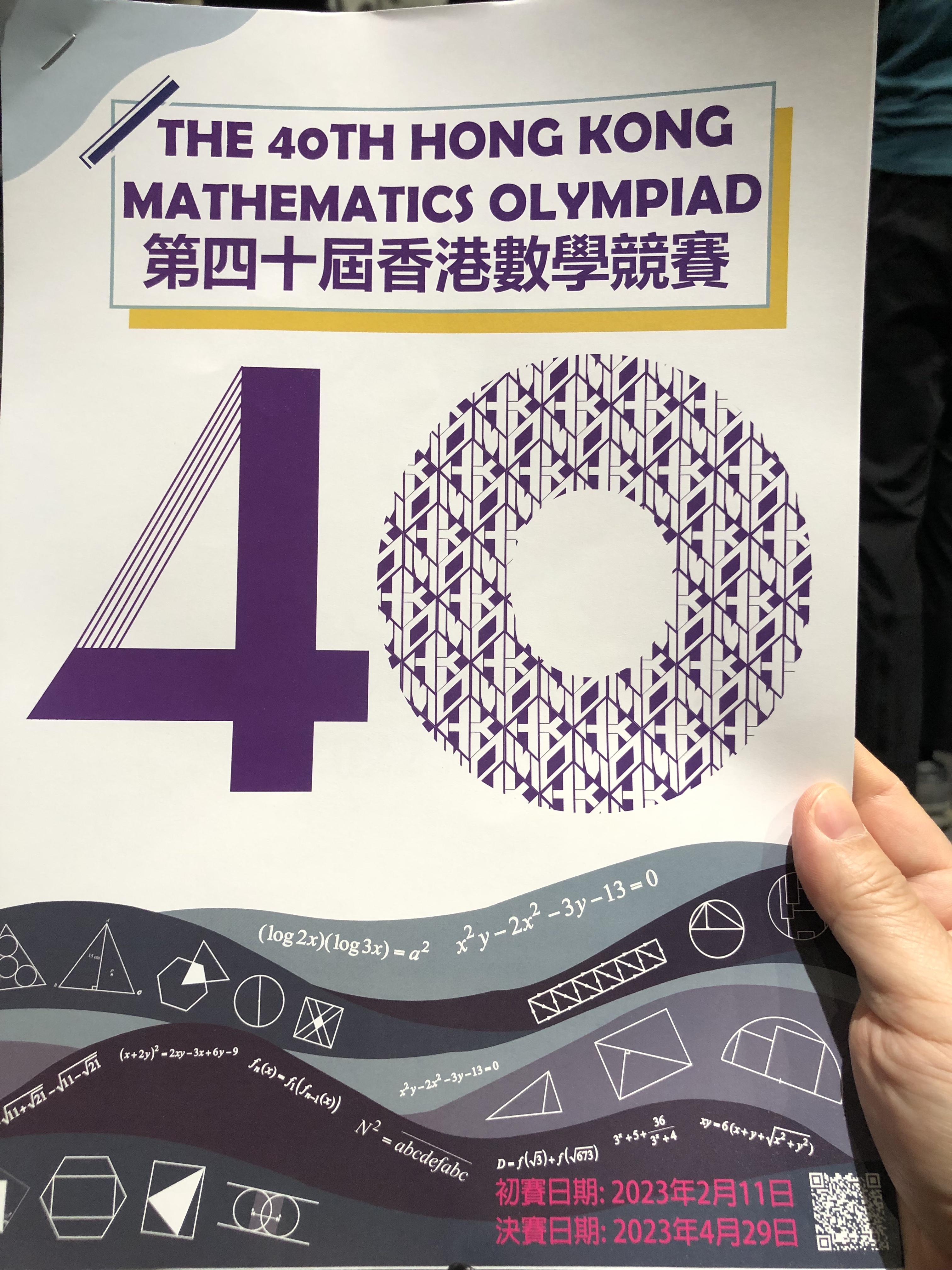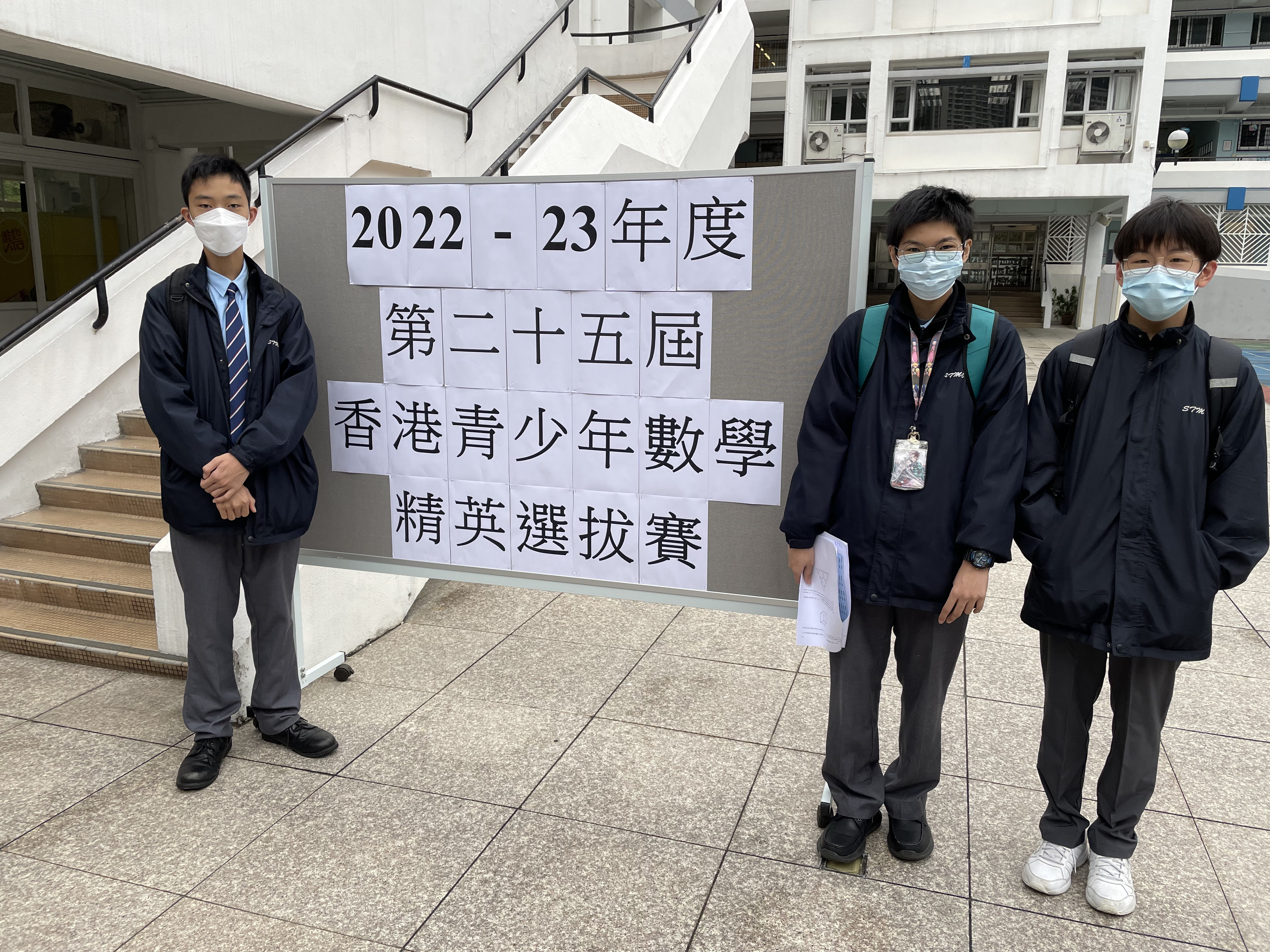Aims
1. Develop
- the ability to think critically and creatively, to conceptualize, inquire and reason mathematically, and to use mathematics to formulate and solve problems in daily life as well as in mathematical contexts and other disciplines;
- the ability to communicate with others and express their views clearly and logically in mathematical language;
- the ability to manipulate numbers, symbols and other mathematical objects;
- number sense, symbol sense, spatial sense, measurement sense and the capacity to appreciate structures and patterns;
- a positive attitude towards mathematics learning and an appreciation of the aesthetic nature and cultural aspects of mathematics.
2. Encourage students who have high ability and interest in mathematics to pursue further and develop their potentials.
3. Encourage students who have low ability in mathematics to have a good foundation of mathematics for further studying.
Objectives of the years
- Strengthen students’ learning ownership and unleash learning potential by optimizing teaching and learning pedagogy.
- Open up global perspectives and deepen learning’s meaning by reimagining the curriculum.
- Nurture positive attitudes and let students live a flourishing life through positive education.
Committee Members
Mr. W.L. Cheng (Convenor), Miss Y.S. Lam (Deputy Convenor),
Mr. C. Hui (Secretary), Mr. T.L. Chan, Mr. C.H. Ko, Miss C.L. Lam,
Miss L. Lam, Mr. J. Lau, Ms. H.Y. Lee
數學科校外比賽 photo
